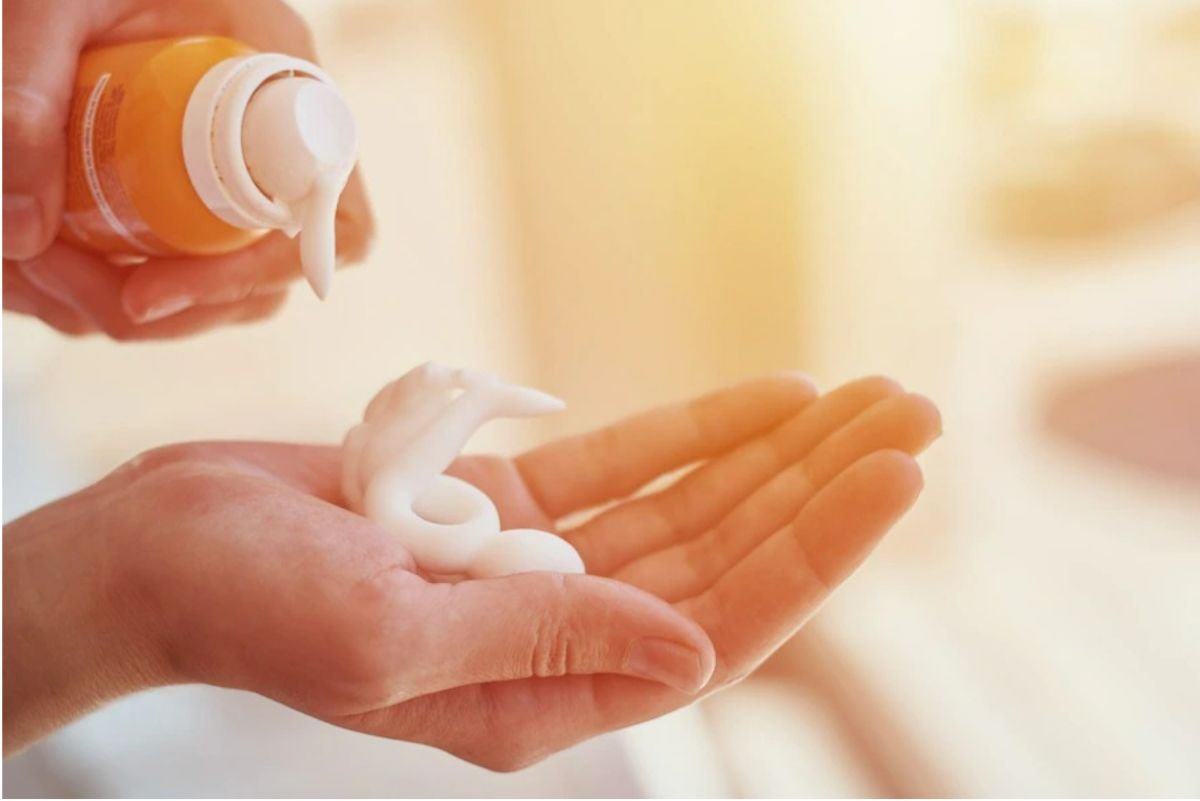Harmful Effects of Not Wearing Sunscreen

Are you someone who skips applying sunscreen every day? You might think it's not a big deal, but it can have some not-so-good impact on your skin. Wondering why?
Not applying sunscreen can result in significant skin concerns in the long run. In this article, we will tell you why it is essential to apply Sunscreen and what happens if you don't.
Why Should You Wear Sunscreen?
The sun's rays can harm your skin more than you would imagine. Even a limited exposure of your skin to the sun's radiation can cause irreversible damage in the long run if you do not protect it with Sunscreen.
There are two significant ways that sun exposure can damage your skin health: ultraviolet A (UVA) radiation, which speeds up the aging process in your skin, and ultraviolet B (UVB) radiation, which burns your skin cells. The UV rays from the sun can reach your skin not just when you are outside but even when you are inside your home or car through the windows.
Your skin has its natural defense mechanisms to protect it from UV radiation at a certain level. But, it's insufficient to shield your skin cells from excessive sun exposure, which can result in long-term skin concerns such as age spots, wrinkles, pigmentation, sagging, skin, roughness, darkening, and others.
Hence, it is essential to use Sunscreen daily, which acts as a barrier on your skin against sunlight.
There are two categories of sunscreens that you can apply to your skin: physical and chemical. While physical sunscreen contains active minerals that reflect and scatter the radiation from the sunlight, chemical sunscreens absorb the radiation before it reaches the inner layers of your skin.
10 Things That Happen When You Don't Wear Sunscreen
- Sun Spots
Sunspots or age spots occur when your skin is exposed to sunlight for a long time. These sunspots are usually associated with itching, burning sensation, and tenderness. - Premature Aging
If you don't apply Sunscreen, the UV radiation can damage the collagen and connective tissue in your skin. This, in turn, leads to loss of elasticity in your skin, causing wrinkles and saggy and aged skin to appear in younger people. - Darkening Of Skin
Your skin produces melanin in excessive amounts as a part of its natural defense against sun radiation, leaving your skin with dark patches and an uneven tone. - Sun Burns
The burns on the skin resulting from too much exposure to UV radiation from the sun are called sunburns. Your skin may develop mild to severe sunburns, which appear as red, hot, painful patches on the skin with blisters. The burnt skin peels off after a few days.
In a prospective study of sunburns during adolescence, scientists concluded that using sunscreen regularly for at least 6 hours in the summer resulted in a proportionate drop in sunburn cases. - Skin Cancer
UV radiation can cause irreparable DNA damage that can generate a gene mutation, which can eventually trigger cancer in your skin. In skin cancer, the skin cells multiply rapidly to form a malignant tumor. - Inflammation
Inflammation can occur in your skin tissue when it's exposed to harmful UV radiation. Inflammation is a part of the natural healing process of UV-damaged skin, and you can notice swelling, redness, and pain. - Dry Skin
Direct sun exposure to your skin causes a loss of moisture and natural oils, leading to dehydration, and your skin develops dry, rough patches in the affected areas. - Scarring
When healing wounds or acne are exposed to sunlight, it leads to scarring on your skin. When UV radiation hits the inflamed healing tissue of your skin, it results in post-inflammatory hyperpigmentation (PIH), leaving your skin with dark brown scars.
Most of us do not apply Sunscreen unless we plan to spend a day at a beach. But, though you may not notice any immediate impact, the UV radiation from the sun damages your skin in different ways. Hence, applying sunscreen daily is an essential step in your skincare routine that you should not skip.
How Often Should You Reapply Sunscreen?
It is recommended to reapply the Sunscreen every 2-3 hours. Most people think applying Sunscreen with an SPF of more than 50 makes it last longer and ignores reapplication. But, it's just a myth.
More SPF does not imply that the sunscreen lasts longer. Instead, it means that the Sunscreen contains more added chemicals that may pose potential health risks.
Hence, it is best to use Sunscreen with SPF ranging from 30-50 and reapply it every 2 hours throughout the day, especially outside.
Also, people don't tend to reapply Sunscreen because most of them come as thick creams, and slathering is a hassle. It may feel heavy on the skin. However, sunscreens are available in the form of sticks, powders, sprays, and lotions, making the reapplication convenient for you.
Conclusion
Most of us do not apply Sunscreen unless we plan to spend a day at a beach. But, though you may not notice any immediate impact, the UV radiation from the sun damages your skin in different ways. Hence, applying sunscreen daily is an essential step in your skincare routine that you should not skip.
At Anew, we formulate a personalized skin care regime and treatments for your skin based on your unique skin needs.


